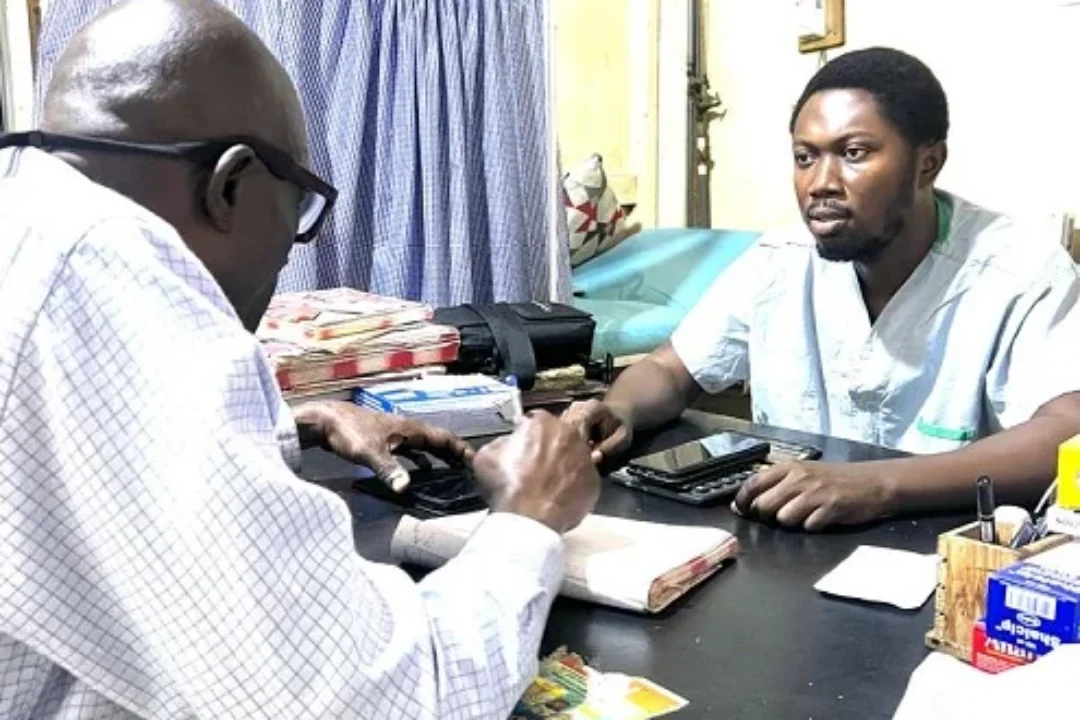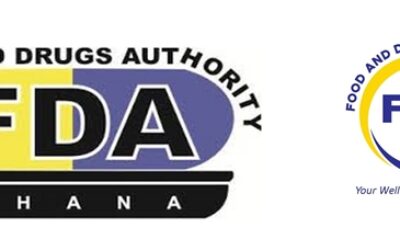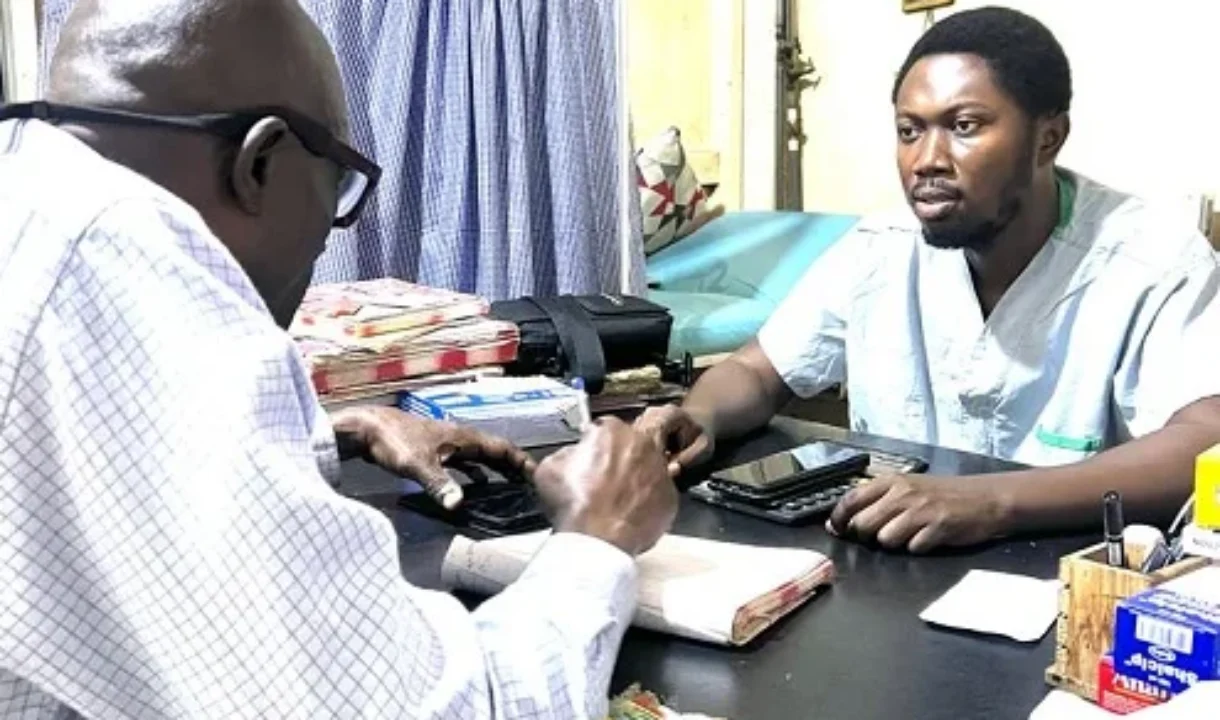At dawn in Kumasi’s crowded Sawaba neighbourhood, 67-year-old Kofi Owusu Mensah begins his day facing a painful and familiar dilemma: buy food for his family or insulin for himself.
“I stretch my doses—sometimes skipping injections—to make each vial last longer,” he says, his frail hands resting on a worn wooden table in the cramped two-room apartment he shares with his wife and two grandchildren. “The doctors warn me, but what choice do I have when the medicine costs half my pension and the children have not eaten?”
Once a respected schoolteacher, Mr Mensah never imagined that retirement would come with the daily threat of medical bankruptcy. His struggle is not unique. In communities across Ghana, thousands of families living with diabetes are trapped in a cycle of impossible choices—between medication and meals, rent and survival.
The rising cost of diabetes care, limited availability of drugs, and systemic failures in Ghana’s health infrastructure have turned a manageable chronic illness into a public health and economic crisis.


For many, staying alive means going broke. And as the number of diabetes cases climbs steadily, the nation is staring down an epidemic that threatens not only lives, but livelihoods. Mr Mensah is one of approximately 2.4 million Ghanaians living with diabetes, according to the Ghana Health Service’s latest statistics from April 2023.

Mr Hope interviewing Mr Simmons
A silent burden with deadly consequences

According to health experts, diabetes is a chronic condition that occurs when the body either does not produce enough insulin or cannot effectively use the insulin it produces. It is often linked to genetics, unhealthy diets, obesity, lack of physical activity, and rising urban stress levels. In Ghana, Type 2 diabetes is the most prevalent and is increasingly being diagnosed among younger adults.
If poorly managed, the disease can lead to heart disease, stroke, kidney failure, blindness, nerve damage, and lower limb amputations. It also increases susceptibility to infections and can severely reduce life expectancy if left unchecked.
Yet for many Ghanaians, managing diabetes is a luxury. At Kumasi’s Adum Clinic, Dr Ernest Asubonteng sees the toll every day.
“The monthly cost of managing diabetes ranges from GH₵300 to GH₵800 per patient, depending on the medication,” he explains. “With the minimum wage barely reaching GH₵800, some patients do not die from diabetes itself, but from their inability to afford consistent treatment.”
Ghana’s National Health Insurance Scheme (NHIS) covers some basic diabetes medications, including certain insulin types. However, the out-of-pocket burden remains heavy, especially for glucose monitors, test strips, specialised care, and diabetic-friendly nutrition.
Ernest Kofi Bentsil Simmons, a nursing officer at the Adum Clinic, explains how essential monitoring tools are beyond the reach of many. “A glucometer costs between GH₵300 and GH₵500 depending on the brand. Each month, you need strips that cost another GH₵100 to GH₵200,” he says. “You can not take your drugs safely without checking your blood sugar. But most people can not afford to do this regularly.”
At Manhyia Government Hospital, Dr (Pharm) Esther Asantewaa Acherekoh, Head of Pharmacy, encourages patients to renew and actively use their NHIS cards.
“The scheme does help significantly —insulin is covered—but explains that some patients have preferences for special brands of medications which are not covered by the health insurance scheme.
Still, many patients encounter stock outs and are forced into private pharmacies, where prices are significantly higher. Florence Addo, 52, a vegetable trader at Kejetia ‘Dubai’ Market, holds up her battered NHIS card.
“This card does not help much,” she says. “Last month, the hospital pharmacy had no insulin. I had to go to a private pharmacy and pay three times the price.”
A deeper crisis outside the cities
In rural areas, the diabetes crisis deepens. In Aframso, a farming village in the Ashanti Region, the struggle includes not just cost— but access.
“The nearest hospital with a diabetes specialist is 70 kilometres away,” says Kwame Boateng, a community health nurse. “Transport costs alone deter patients, and many arrive only to find the medicine unavailable.”
For 63-year-old cassava farmer, Abena Kyeremaa, the cost of care includes lost income and personal suffering. “During the rainy season, the roads become too dangerous. Sometimes I miss treatment for weeks,” she says, showing her swollen feet—evidence of advanced diabetic complications.
Ghana’s pharmaceutical supply chain is riddled with weaknesses: fragmented procurement, poor storage, inconsistent stock monitoring, and an overreliance on imports. Local manufacturing is limited, and essential drugs frequently run out in public facilities.
According to the Ghana National Drugs Programme, only 30 per cent of essential diabetes medicines are consistently available in public health outlets, forcing patients into unregulated private markets with unpredictable pricing.
From illness to indebtedness
For many, diabetes becomes a debt sentence. Samuel Ofori, a 42-year-old driver from Tepa in Ashanti, reveals a folder full of loan documents. “When my daughter was diagnosed with Type 1 diabetes three years ago, I thought we could manage. Now I owe banks, friends, and loan sharks. The interest is crushing us.”
Abigail Mensah, a private financial consultant, explains just how devastating the economic impact can be: “A family’s risk of catastrophic health spending increases by 300 per cent once chronic illness strikes,” she says. “Most households deplete their savings within six months. Then comes asset sales, children dropping out of school, and debts that can not be repaid.”
Emerging hope amid hardship
In the face of hardship, some innovative solutions are beginning to emerge. In Kumasi, a nurse and homeopath, Solomon Kofi Boadu, has launched a medication subscription model offering discounts of up to 40 per cent to diabetic patients.
“We buy drugs in bulk and deliver directly to patients. Using mobile money, we avoid middlemen and reduce costs,” Boadu says. His initiative now serves more than 500 patients across Ashanti Region and plans to expand nationwide.
Health policy experts believe meaningful change is possible— but only with systemic reform. They call for expanded NHIS coverage, price regulation for essential medications, investment in domestic pharmaceutical production, and better integration of chronic disease care into basic health services.
Countries like Rwanda and Thailand, they argue, have demonstrated that strong public health insurance systems can drastically improve access to care and protect families from poverty.
Back in Sawaba, Kofi Mensah’s wife, Akosua Gyamaa, is fighting back in her own way. She has launched a small catering business that specialises in diabetic-friendly Ghanaian dishes. “We will survive this,” she says, stirring a pot of low-carbohydrate jollof rice. “But it should not be this hard to stay alive with a manageable disease.”
As Ghana’s diabetes burden is expected to rise to 3.6 million by 2030, a vital question looms: Will access to life-saving medication remain a privilege for the few, or become a right for all? For the likes of Mr Mensah, the answer may spell the difference between resilience and ruin—not just in health, but in dignity.
BY KINGSLEY E.HOPE (COURTESY:BHC/KNUST/ RAIL)


















